CBC News, February 2014–The NDP unveiled court transcripts in the legislature during question period Wednesday it claims show the B.C. government’s chief negotiator admitting under oath the province was trying to provoke a full scale teachers’ strike.
The transcripts contain testimony made under oath during a trial that ended in a scathing ruling last month, when B.C. Supreme Court Justice Susan Griffin found the province had violated teachers’ constitutional rights in an ongoing dispute between the government and the B.C. Teachers’ Federation (BCTF).
The documents refer to government negotiator Paul Straszak testifying under oath about a conversation he had with Premier Christy Clark’s deputy minister about the status of labour talks.
NDP leader Adrian Dix says the transcripts clearly show Straszakadmitting the government’s objective was to provoke a full scale strike.
“Contrary to the Premier’s public statements, she was clearly not telling the truth and the government was not telling the truth,” he said. “They were trying to provoke a strike and Mr Straszak acknowledges that.”
B.C. Education Minister Peter Fassbender is standing by the Premier.
“I’m not going to comment on his testimony because that is before the courts. What i will tell you, it has never been the intention of this government to provoke a strike.”
Last month, Griffin ordered the province to pay $2 million in damages for stripping teachers of their collective bargaining rights and failing to reinstate them when ordered by the court.
The government has since announced it will fight the settlement with an appeal in court.
Clark addressed the issue for the first time in public, just hours before the NDP revealed the transcripts, insisting her government “absolutely did not” try to provoke a teachers’ strike as suggested by the judge.
“That was the characterization that was set out. I fundamentally disagree with that. It was not correct.”
However, Clark is refusing to release the cabinet documents the judge used as evidence to make her finding.
“I took an oath of confidentiality and those oaths exist for a reason, so I don’t intend to break that oath,” said Clark.
NDP Leader Adrian Dix says that’s just not good enough.
“Actually going out as a matter of public policy and trying to provoke a school strike and they’ve been caught,” said Dix.
BCTF and government resume talks
Meanwhile bargaining between the government and the BCTF resumes Wednesday at the first meeting between the two sides since the court decision.
The negotiations were set to pick up last week, but they were postponed after the government announced it was appealing the recent B.C. Supreme Court decision.
BCTF President Jim Iker says he hopes this time the government comes to the table in good faith.
“We know that the past history, especially from the recent Justice Griffin’s decision shows that in the last round they had no intent of coming to an agreement with us,” said Iker on Wednesday.
Iker notes the facts in Griffin’s decision were not in dispute.
“They had ulterior motives, such as wanting to provoke a strike with us and shut down schools for our students.”
Read More: CBC News

 Follow
Follow

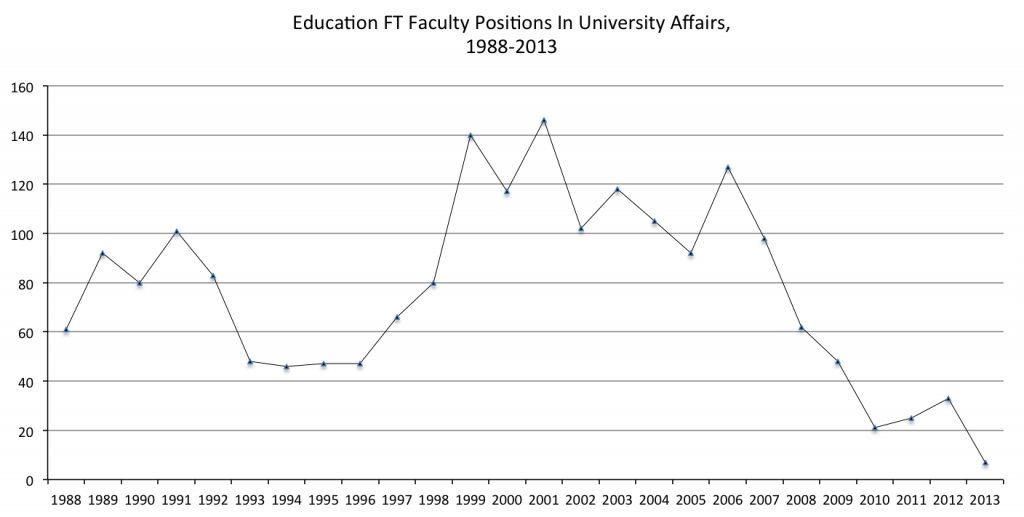

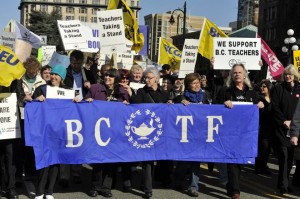

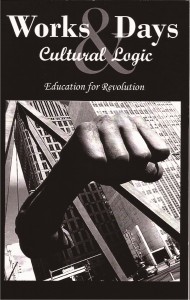
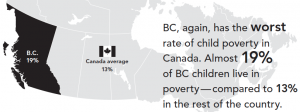
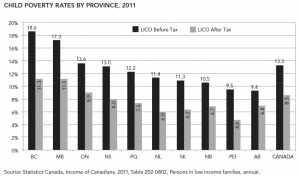
Equity, Governance, Economics and Critical University Studies #criticaled #edstudies #ubc #ubced #bced #yteubc
Workplace: A Journal for Academic Labor
Equity, Governance, Economics and Critical University Studies
No 23 (2014)
As we state in our Commentary, “This Issue marks a couple of milestones and crossroads for Workplace. We are celebrating fifteen years of dynamic, insightful, if not inciting, critical university studies (CUS). Perhaps more than anything, and perhaps closer to the ground than any CUS publication of this era, Workplace documents changes, crossroads, and the hard won struggles to maintain academic dignity, freedom, justice, and integrity in this volatile occupation we call higher education.” Workplace and Critical Education are published by the Institute for Critical Education Studies (ICES).
Commentary
Articles
Leave a comment
Posted in AAUP, Academic freedom, Adjuncts, Administration, BC Education, Commentary, Critical Education, Critical University Studies, Environment, Equity, Ethics, Governance, Government, Organizing, Research, Student Movement, Student Speech, Students, Working condition
Tagged Academic freedom, BC education, Budgets & Funding, Critical Education, Equity, Ethics, Government, Publishing, Students, Working conditions, Workplace Journal